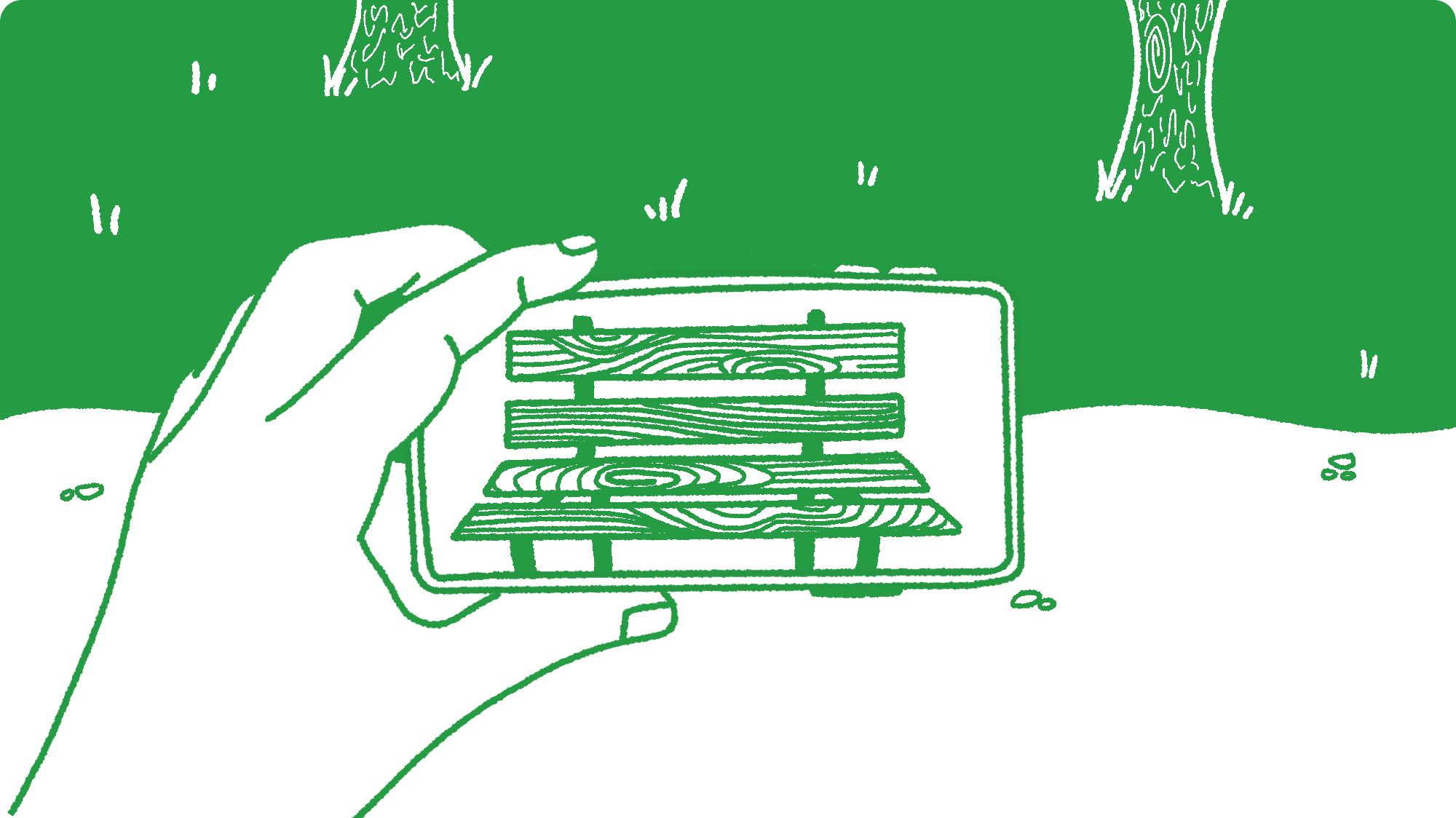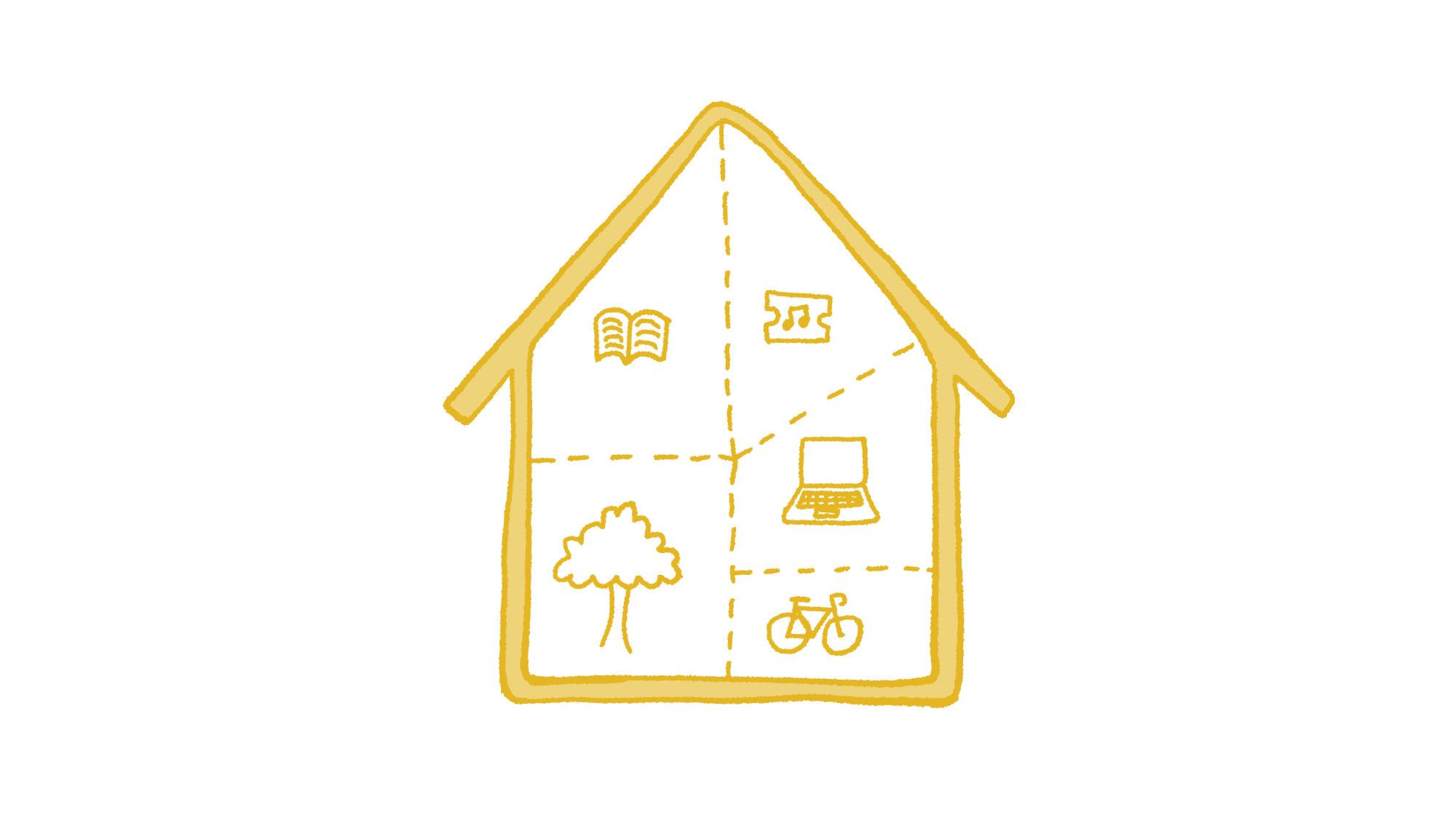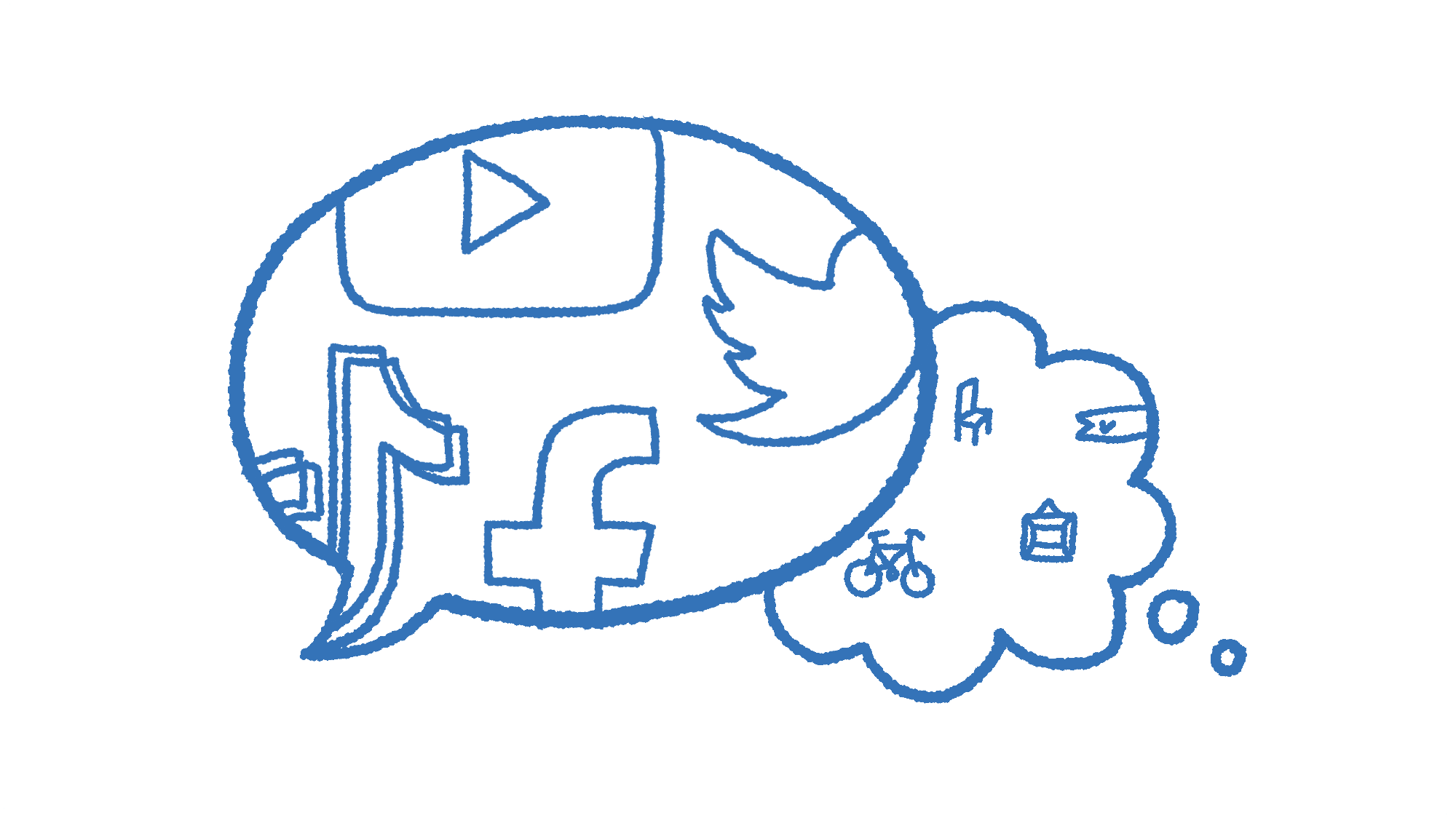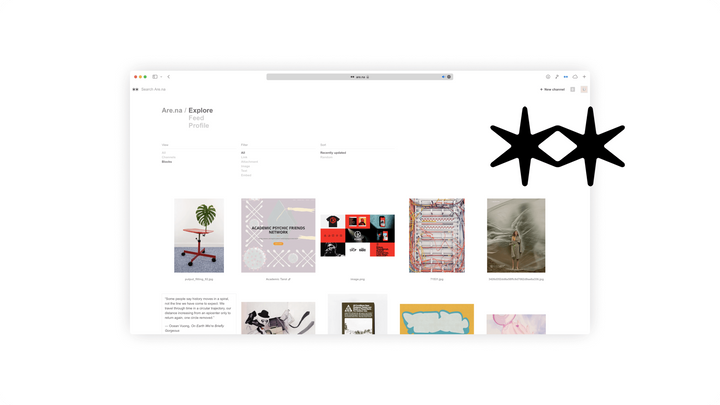The Internet Society
Public Interest Technology: Questioning the Publicness of Online Spaces

Social Media Isn’t Social
The point has already been made. Social media isn't social, it's commercial. Our online spaces are owned by private companies and don't fill the need for public space. When we're on social media, we're consumers. Consumers of content, of ads; we are spending time and attention. When we're in public places, we're citizens; individual parts of a community, a neighbourhood, a city, members of society with rights and duties.
If we look at the city, a true public space is a park, a square, a library, a place where serendipitous encounters occur, where communities gather, a place to be a citizen. Now that so much of our lives is happening on the Internet, isn’t it time to have a virtual equivalent of such public places?
The ad-based revenue model has been tested enough that we can grow past it now. The private Internet optimizes for engagement, growth and profit. It works for commercial means, great. Now let’s try to reflect the non-commercial parts of human life, shall we?
In a conversation with my partner, we were reminiscing how in the early days of the Internet, (we were kids) our parents and teachers had a somewhat suspicious attitude towards this new technology. For them, the Internet was bad. The Internet was bad because there's child pornography on it. The Internet was bad because there's arms trafficking on it.
When you think about it, the Internet isn't the one to blame. The Internet has child pornography on it because there are pedophiles in real life. The Internet has arms trafficking on it because there's arms dealing in real life. Whatever's on the Internet is there because it already exists in the real world. The Internet is but a mirror of society. Unfortunately, the first things to get mirrored to the digital realm have been of a commercial nature. Hence, the current ubiquitous ad-based revenue model.
But you know what’s also part of society? Citizenship, community, public service and infrastructure.
Give & Take
As citizens, we have duties and rights. There are things we ought to do like shovelling the snow off our porches and sidewalks, discussing municipal issues, voting, paying taxes. We’ve already got the transactional spaces for some of these, you can do a large part of your citizen duties online, which is great. But being a citizen is much more than simply paying your taxes, registering to vote, and applying for renovation permits, isn’t it? There’s more to citizenship than duties, there’s also rights. There are things we're rightfully entitled to like organizing a garage sale, receiving public education, walking in the park, having access to culture, but also safety, freedom and information. How might we recreate these instances of citizen life online?
In contrast with the private Internet, public infrastructure typically optimizes for inclusion, information, safety and consensus. All things that require moderation. This notion of maintenance, of participation, is a big element that's lacking from our current online spaces. What's interesting to notice is that tending, care, and designing for beauty or health, are all traditionally feminine tasks.
The digital equivalent of the rights and duties dynamic, that give-and-take, can be seen through the 90-9-1 rule of participation inequality. It has been observed that 90% of members of an online community are lurkers, 9% edit or respond to existing content, and only 1% create new and original content. And a lot of that 1% is done by brands and influencers for some form of promotion.
The Unrecognizable 'Other'
The hyper-presence of brands and the fact that platforms end up catering better for them creates, in those online spaces, a weird hybrid population of your close-ones and people you sort of know and strangers and thought leaders and brands you subscribe to. This fragmented audience affects our sense of self and our sense of the Other. We maintain multiple identities to fit the multitude of sub-communities we're active on. And the Other is now this unpredictable mix of various types of entities that's hard to address as a typical audience.
On top of that, our moral recognition of the Other is affected by the lack of temporal and spatial context that characterizes the Internet. In real life, the notion of time is based in the here and now, limited by our physicality. Online, we're in a hyper-extended present, an always-on environment. In real life, the notion of space is limited to our street, our neighbourhood, or what we can access by transport in reasonable time. Online, there are no limits of space; neither geographically, the Other being from anywhere on Earth, nor proportionally, the Others being in unnatural quantities.
A Case for Limits
Traditionally, community has been about geography, and the serendipity of where you happen to be in the wold. That concept has exploded online. What is to be done? Should we be creating limits, maxing it at a more human scale?
Architect Christopher Alexander proposes, as one of the patterns in A Pattern Language, that "A town needs public squares. They are the largest most public rooms that the town has. But when they are too large, they look and feel deserted." He then goes into super prescriptive dimensions, claiming that if a public square is wider than 70 feet across, it feels empty.
There are also certain limits to the size of a population that makes it apprehensible by an individual. In Sapiens, Yuval Noah Harari states that "Most people can neither intimately know, nor gossip effectively about, more than 150 human beings. Even today, a critical threshold in human organisations falls somewhere around this magic number."
I'm looking at limits because I don't think this is about replacing the commercial Web. The public can complement the private. Just like a public library complements the private bookstores of an area, both serving, together, the literary pursuits of local bookworms. Just like the public school system complements the private one. I can speak from experience as I've jumped out of and back into the private system myself. Private schooling wanted me to become a scientist, not a designer. I've needed both at different times.
So it's not about replacing, it might just be about limiting the scale of online spaces. The current trend is unsustainable. Just the fact that Mark Zuckerberg calls Facebook a "community" of 3 Billion people blatantly exposes it. Community is about creating and maintaining commons, sharing, collective creation, public use.
Lowering Our Reliance on the Private Internet
But who performs it? Who maintains it? Who gets to define what should be tended to? That's one of the main questionings around the economic concept of de-growth. This idea that people should be less dependant on their jobs and that more services should come "for free" from the government.
Well, I'd argue it's the same online. People shouldn't have to rely so much on private companies to have an online life. More stuff should come "for free". And here's where my thinking forks out into two branches.
Is it about institutionalizing the Internet? It could become a government initiative, be funded by taxes and managed by a Ministry of the Internet. But then how do you keep it global?
Or is it about decentralizing and distributing ownership? It could be similar to the Wikipedia model but at scale. By the people, for the people. However, such a shift still needs leaders, volunteers, maintainers, how do we begin?
Yes, going beyond typical boundaries of time and space is what makes the Internet great, but the ones that benefit the most from such scale are the private companies that own and manage these platforms. Individually, humanly, we benefit from serendipity, care, tending, give and take, participation and a sense of agency which clearly have been lost in this jungle of ad-based revenue models.
Further Reading
- The Civic Signals research by New_ Public outlines the qualities of a flourishing digital public place
- Pub Hubs is a Dutch initiative to have public-feeling online spaces
- This extensive list of resources around public-interest technology
- The Analog City and the Digital City, by L. M. Sacasas for The New Atlantis
- The Case for Digital Public Infrastructure, by Ethan Zuckerman for the Knight Institute at Columbia University
- Building a More Honest Internet, by Ethan Zuckerman for CJR
- The Good Web, by Ethan Zuckerman for Stanford's SSIR
- To Mend a Broken Internet, Create Online Parks, by Eli Pariser, for Wired
- What It Means to Design a Space for ‘Care’, by Alexandra Lange for Bloomberg's City Lab
- Minimal Maintenance by Shannon Mattern for Lapsus Lima
- Creating the new social web talk by are.na's Charles Broskoski for The conference
- Christopher Alexander's A Pattern Language book



